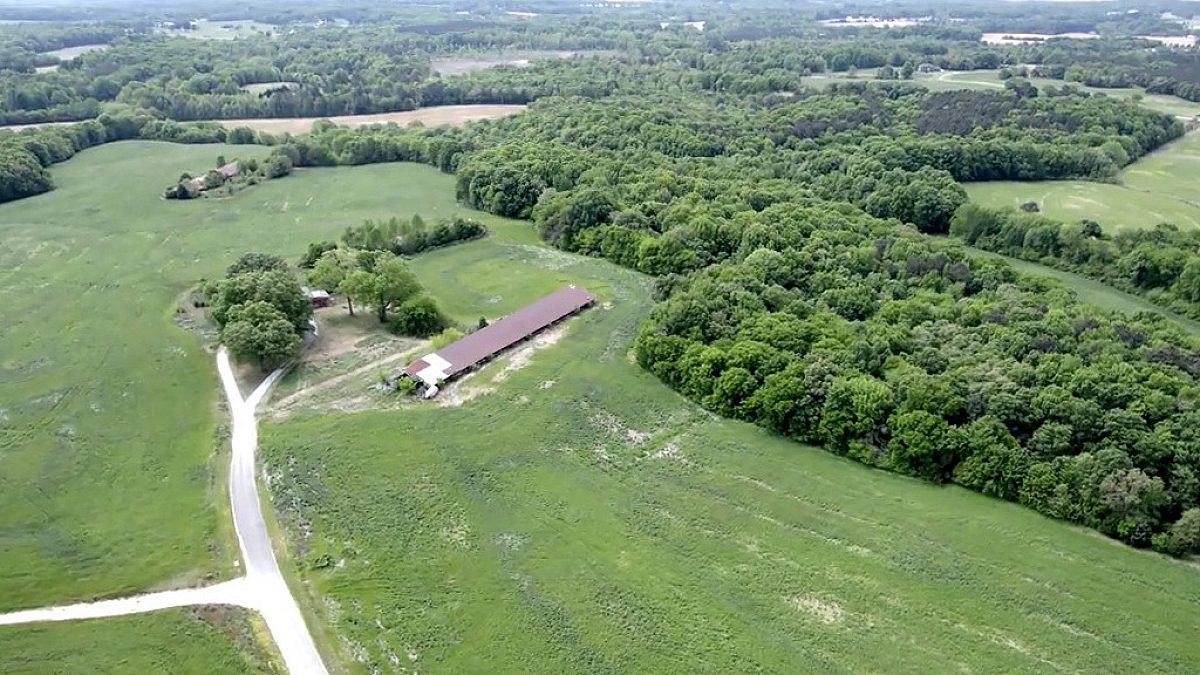College Savings or Saving the Farm? Low Estate Tax Exemption Forces N.C. Farm Family to Choose
TOPICS
Estate TaxesErin Anthony
Director, Communications

photo credit: North Carolina Farm Bureau, Used with Permission
Erin Anthony
Director, Communications
At just 14 years old, North Carolina farm kid Ann Margaret Hughes had to choose between saving the family farm or her college savings. Without hesitating, she chose the farm.
“It was a blessing that I would be able to go to college and achieve an education, but if there was no farm to go back to, there was no point in going to school,” Hughes said.
In 2005, Hughes’ mother and father sat her and her younger sister down and explained that the hefty estate tax they faced after their grandmother’s death would force them to either sell the farm to pay the tax or make major financial sacrifices to continuing farming.
Having decided as a family to continue farming, they had to figure out how to pay the tax. That’s where Hughes’ college savings came in. She put that money, which she had received as gifts over the years and from 4-H winnings, toward the 15-year loan the family took out to pay the estate tax.
When Hughes’ grandmother died, the estate tax exemption was $1.5 million. While that may seem like a very fair – even high – amount, farmers’ and ranchers’ assets, which include land, buildings, machinery and livestock, quickly add up. If they have to sell those assets to pay the estate tax, there may be little left to farm with.
For Hughes’ family, the farm’s proximity to Charlotte, North Carolina, drove land prices up, ultimately pushing them over the low estate tax exemption. The federal government taxes everything over that exemption at an incremental rate, starting at 18% and topping out at 47%.
Over time, the estate tax exemption has increased; it now sits at $11.7 million, a workable amount for many farmers.
However, in 2026, the exemption will drop down to $5 million. Even worse, some on Capitol Hill are calling for an even lower exemption -- $3.5 million. Such low exemption levels would put many farmers in the same position Hughes’ family was in all those years ago.
Along with the ineffective exemption, the fluctuation in the exemption level makes it very difficult to prepare for the next generation on the farm.
“We can have the best plan in place, but in a few years, it can be turned upside down,” warned Hughes.
To help ensure that other farm and ranch families don’t have to make the sacrifices Hughes’ family did to stay on the farm, or worse yet, lose the farm, the American Farm Bureau Federation is supporting legislation to eliminate estate taxes. At the very least, according to the organization, the higher exemption ($11 million) should be made permanent.
Take Action
The Farm Bureau-backed Death Tax Repeal Act (H.R. 1712) and Death Tax Repeal Act of 2021 (S. 617) were introduced in the House and Senate, respectively, earlier this year. Using the form below, farmers and ranchers can send a message to let their congressional lawmakers know how important estate tax repeal is to agriculture.
Top Issues
VIEW ALL